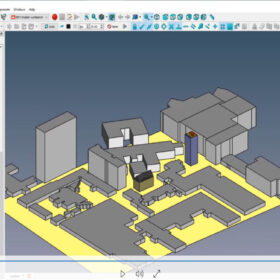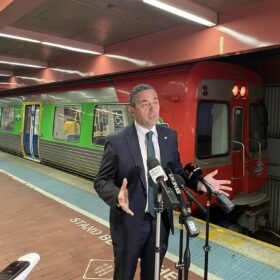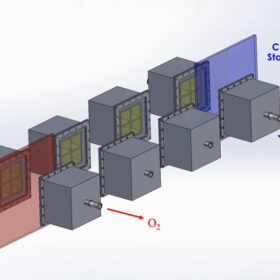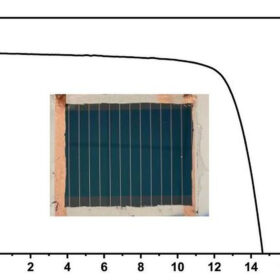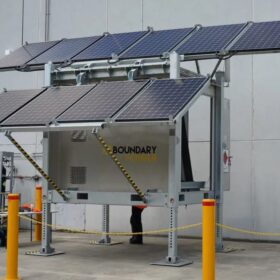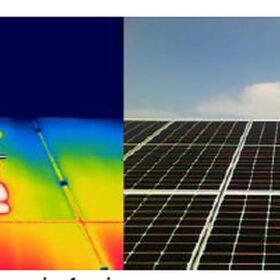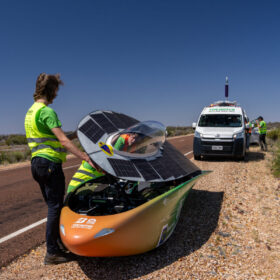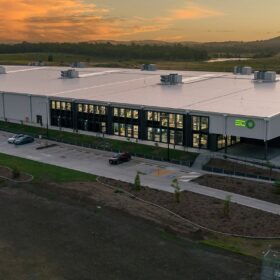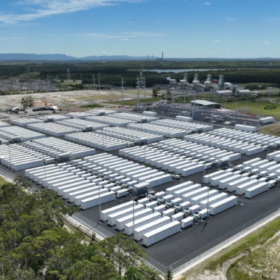RMIT software tool unlocks BIPV design
RMIT University in Australia has developed new software that integrates product, regulation, technical, economic, and construction data. It helps architects and engineers to estimate the cost of building-integrated photovoltaics (BIPV) during the conceptual design phase.
Adelaide cuts emissions at train stations, starts testing hydrogen buses
Diesel trains have been retrofitted with batteries and are now running from Adelaide stations, in the latest of a spate of sustainable transport trials in the South Australian capital. This includes trials with fully electric trains and the beginning of trials with hydrogen-powered and pure electric buses.
MIT scientists develop CSP system to produce hydrogen
Massachusetts Institute of Technology (MIT) scientists have developed a train-like concentrated solar power (CSP) system for hydrogen production, with plans to build a prototype in the coming year. They say that this innovative system can capture up to 40% of the sun’s heat to produce environmentally friendly hydrogen fuel.
Monash researchers achieve lithium-sulphur battery breakthrough
Researchers at Victoria’s Monash University have developed a new lithium-sulphur battery design they claim requires less lithium, has more energy per unit volume, lasts longer and can be produced for half the price of the dominant lithium-ion technology.
Large-area perovskite-silicon tandem PV cell hits record efficiency of 25.1%
Scientists in the United States have achieved a breakthrough in PV cell tech by creating a 24 cm2 perovskite-silicon tandem solar cell. It positions a lithium fluoride interlayer between a hole transport layer and the perovskite absorber to reduce shunting losses.
Boundary reveals ‘Australian first’ hydrogen-powered stand-alone power system
Boundary Power is claiming an Australian first with the unveiling of a 100% relocatable and modular stand-alone power system that integrates solar with a hydrogen electrolyser and storage system, doing away with the traditional back-up diesel generator.
Combination of half-cut, bifacial solar cell designs may contribute to hotspot formation
Scientists in Spain tested PV modules under partial shading conditions, aiming to better understand the formation of performance-damaging hotspots. The study reveals a potential issue particularly affecting half-cell and bifacial modules, which may cause accelerated performance loss and is not covered by current testing/certification standards.
King honours Australian solar pioneers
Four solar pioneers, including the Australian scientists Martin Green and Andrew Blakers, have been awarded the world’s most prestigious engineering prize for their groundbreaking research into solar cell technology.
Perovskite-silicon tandem tech tested in solar race car
A team of Dutch university students under the banner Top Dutch Solar Racing has installed perovskite silicon tandem cells in its entry in the 16th edition of Bridgestone World Solar Challenge. The upcoming race is a six-day, 3,000km expedition across Australia, from Darwin to Adelaide.
WA government moves to attract hydrogen electrolyser manufacturing
The Western Australian government has studied the business case for developing new electrolyser manufacturing facilities in the state, finding a 2 GW manufacturing facility could inject $200 million (USD 128 million) per annum to the local economy.
